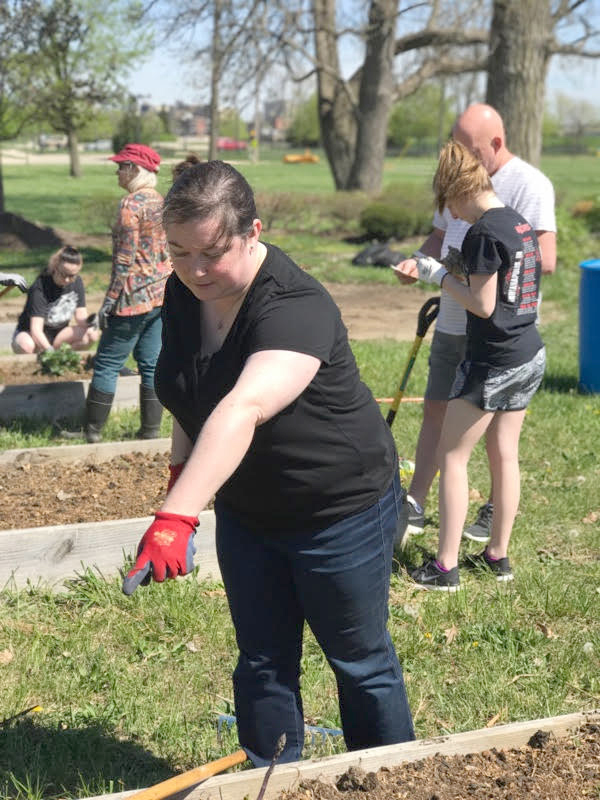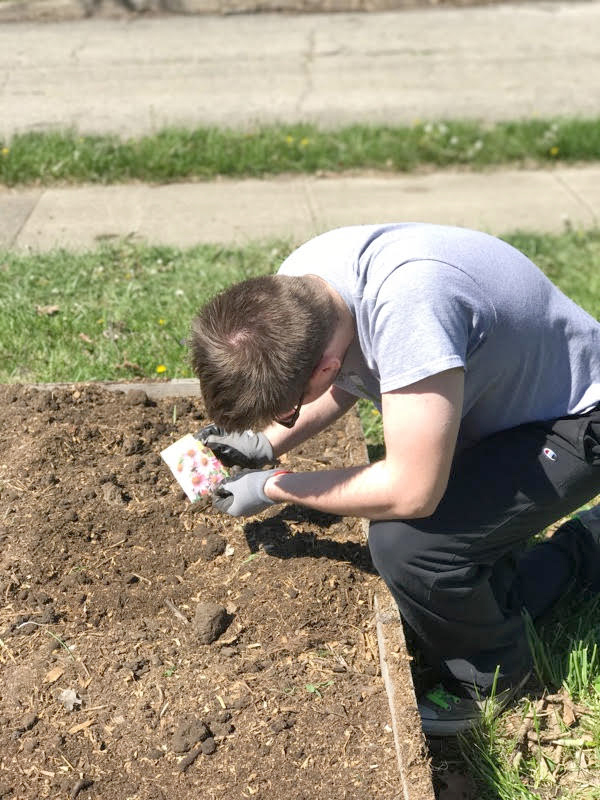While most think “Sinclair” and the color red comes to mind, the community college is by far one of the most ‘green’ in the nation.
In April of 2015, Link Dayton bikes were installed on campus and several locations throughout the Dayton area. The bike share may see further use in the future, if design plans to “add a front door” to the Sinclair campus are finalized.
The plan to modify the Dayton campus included ideas to better incorporate the potential for safe, city biking. In November of 2016, the Board of Trustees approved $2.4 million for architectural planning with several main goals in mind.
Sinclair aims to have the new Health Sciences building open for Fall 2017. One of the core values of Sinclair, according to President Johnson, is sustainability. Well before requirements, Sinclair has taken measures to lead in green initiatives.
Other companies have taken notice of Sinclair’s willingness to lead. Israeli business Woosh selected Sinclair for a market test of their new filtered water service, launching two refillable water stations resulting in thousands of water bottles being taken out of Sinclair’s waste equation.
Sinclair has used only repurposed carpeting, environmentally friendly insulation and other construction practices to minimize waste and so on.
 Sinclair also hosts a variety of green and renewable energy programs. Ranging from Certified Indoor Air Quality Manager to Wind Energy Career Prep, the coursebook is vast.
Sinclair also hosts a variety of green and renewable energy programs. Ranging from Certified Indoor Air Quality Manager to Wind Energy Career Prep, the coursebook is vast.
Some classes on campus even take to green energy initiatives in the Dayton area. Dr. Adrienne Cassel, UC graduate and Sinclair professor, recently accompanied her students to the community garden.
Students studied ecocriticism and the ways literature addresses society’s causes, including environmentalism. Among the items planted were flowers for Dayton’s bee population. Bee extinction is one rising concern within environmentalist movements.
Sinclair also has a student organization that focuses on the environment. The Sustainability Club, advised by Barbara and David Gilbert, has tackled issues like solar power and Dayton’s ‘food desert’ status.
Design students on many occasions have taken to projects that stress sustainability. Partnering with (that home store, ReStore,) students rehab unwanted goods which are then donated to the community.
Yearly, the Miami Valley Planning Commission hosts Bike to Work Day. Sinclair students and faculty participate in a rivalry between UD.
Barton Kleen
Executive Editor


